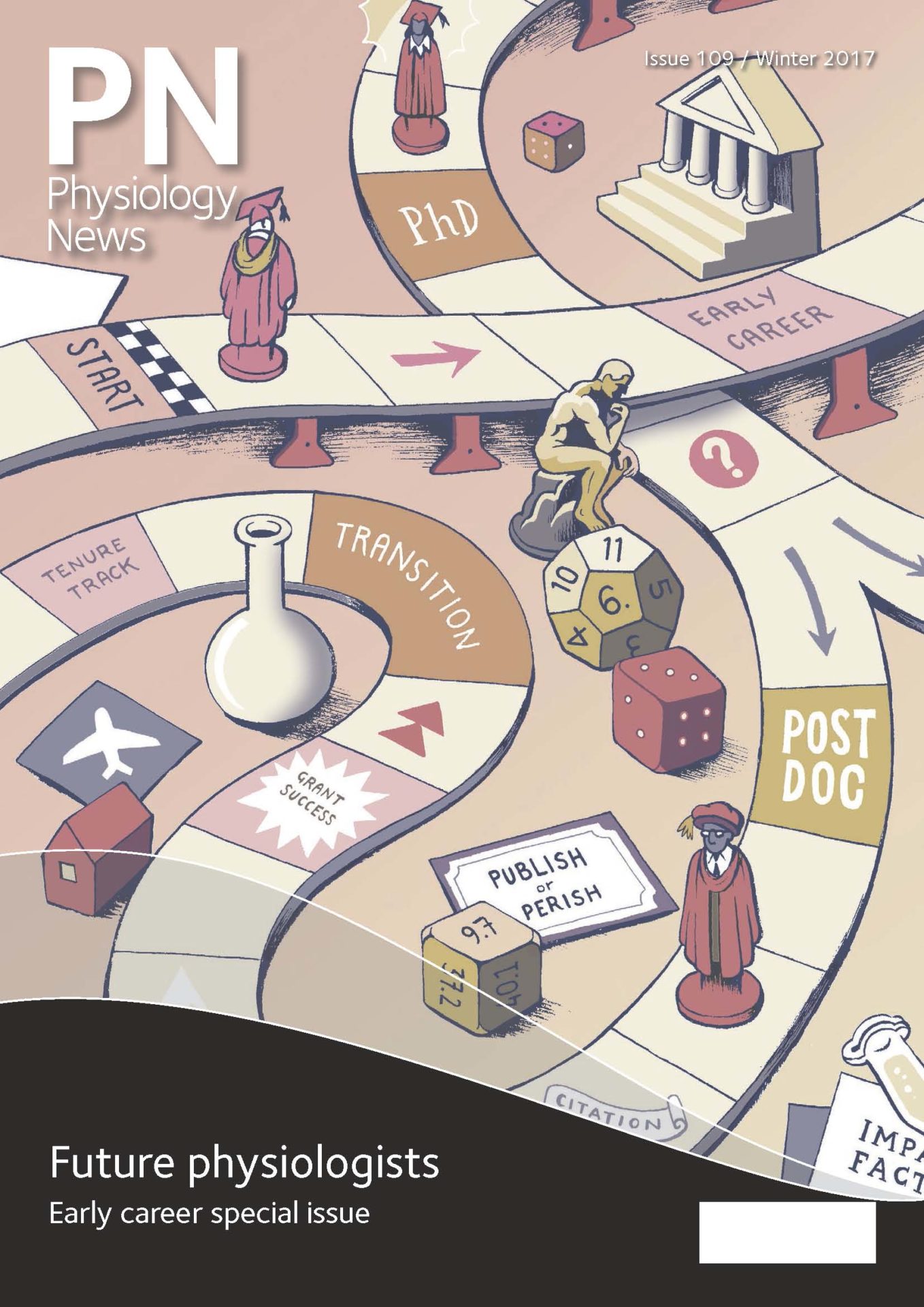
Physiology News Magazine
From the archives: Pavlov’s bequest
News and Views
From the archives: Pavlov’s bequest
News and Views
Ivan P Pavlov
https://doi.org/10.36866/pn.109.13
Ivan P Pavlov (1849-1936) was awarded a Nobel Prize in 1904 for his work on digestion, but is more famous for his later work on conditioned reflexes. Dogs can be conditioned to salivate at the sound of a bell if the bell has been rung just before food is delivered. In honour of our early career conference, Future Physiology, his letter to young scientists, the academic youth of his country, is reproduced below.

‘What can I wish to the youth of my country who devote themselves to Science?
Firstly, gradualness. About this most important condition of fruitful scientific work I can never speak without emotion. Gradualness, gradualness and gradualness. From the very beginning of your work school yourselves to severe gradualness in the accumulation of knowledge.
Learn the ABC of science before you try to ascend to its summit. Never begin the subsequent without mastering the preceding. Never attempt to screen an insufficiency of knowledge even by the most audacious surmise and hypothesis. Howsoever this soap-bubble will rejoice your eyes by its play it inevitably will burst and you will have nothing except shame.
School yourselves to demureness and patience. Learn to inure yourselves to drudgery in science. Learn, compare, collect the facts.
Perfect as is the wing of a bird, it never could raise the bird up without resting on air. Facts are the air of a scientist. Without them you can never fly. Without them your theories are vain efforts.
By learning, experimenting, observing, try not to stay on the surface of the facts. Do not become the archivists of facts. Try to penetrate to the secret of their occurrence, persistently searching for the laws which govern them.
Secondly, modesty. Never think that you already know all.
However highly you are appraised, always have the courage to say of yourself – I am ignorant.
Do not allow haughtiness to take you in possession. Due to that you will be obstinate where it is necessary to agree, you will refuse useful advice and friendly help, you will lose the standard of objectiveness.
Thirdly, passion. Remember that science demands from a man all his life.
If you had two lives that would not be enough for you. Be passionate in your work and your searchings.’
Pavlov’s bequest was written just before his death, at the age of 87 on 27 February, 1936, and was translated from the Russian by Professor P Kupalov, chief assistant in the Pavlov Institute at Leningrad.
